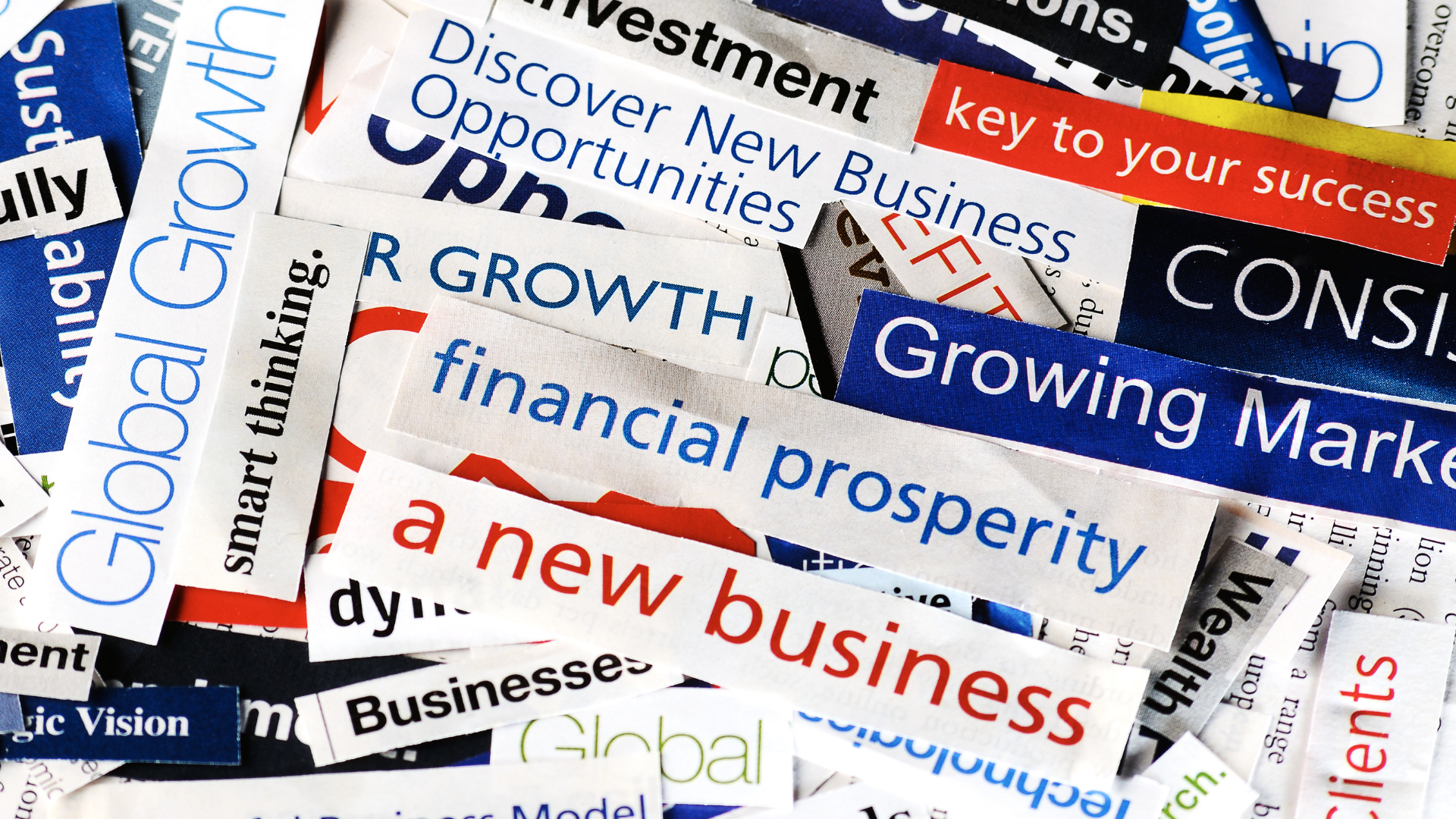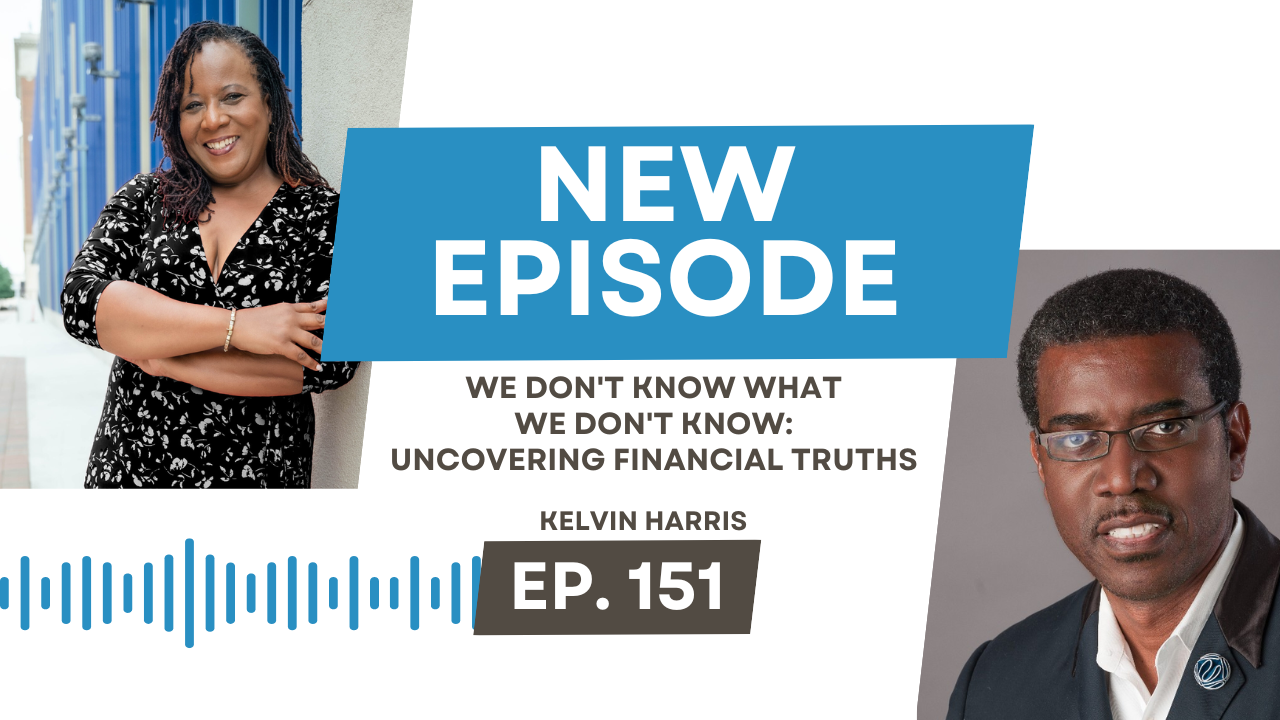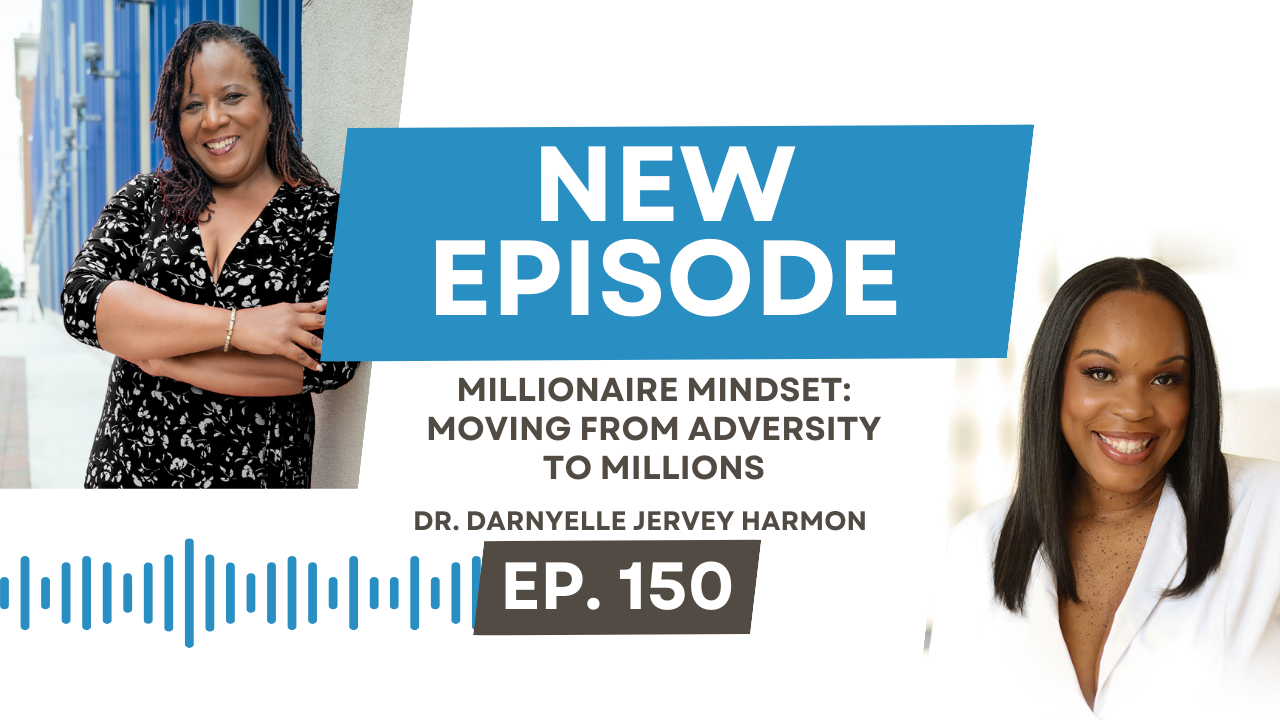High achievers in our society frequently face challenges that can lead to mental, emotional, and physical exhaustion, potentially leading to burnout—a state marked by profound exhaustion and disillusionment. Inspired by Dr. Donese Worden‘s insights from a recent podcast, this guide offers practical advice and strategies designed to assist high achievers in maintaining their well-being. It emphasizes the importance of taking time for self-reflection to understand and solve personal problems. It encourages people to put their health first, manage stress well, and build up their ability to bounce back. By following these tips, high achievers can handle their busy lives better, not just getting by but doing well and reaching their goals in both their personal and professional lives.

Understanding Burnout
Burnout, a formidable barrier to personal and professional satisfaction, unfolds as emotional, physical, and mental exhaustion due to prolonged stress, impacting individuals across various fields and consequently diminishing their health, productivity, and overall well-being. Far exceeding mere fatigue, burnout signals depletion of resources, characterized by symptoms such as overwhelming tiredness, a sense of ineffectiveness, detachment from work, and a significant decline in performance. Furthermore, this condition is often paired with disillusionment, transforming once passionate pursuits into sources of distress, thereby underscoring the intricate nature of burnout and its extensive effects on individuals’ lives and careers.
The root of burnout often stems from chronic workplace stress that has not been effectively addressed. Initially, factors like overwhelming workloads and unclear job expectations play a significant role. Additionally, dysfunctional workplace dynamics, a lack of support from peers or supervisors, and limited control over job tasks further exacerbate the situation, collectively leading to the emergence of burnout. Each element sequentially contributes to an environment where stress accumulates, ultimately manifesting as burnout if not proactively managed.
Strategies for Prevention
Identifying the signs of burnout is the critical first step in tackling it. Initially, look out for feelings of failure and self-doubt, which often precede a loss of motivation. Subsequently, an increasingly cynical and negative outlook can develop, alongside a noticeable decrease in satisfaction and a sense of accomplishment. Finally, physical symptoms such as headaches and sleep disturbances may surface, serving as tangible indicators of burnout. Recognizing these symptoms early on is essential for effective intervention and prevention.
Tackling burnout demands a comprehensive strategy, starting with the establishment of clear boundaries between professional responsibilities and personal time.
Reevaluating one’s goals and aspects of the work environment can be beneficial for personal growth and professional satisfaction. Here are some ideas:
-
Self-reflection: Take time to reflect on your current goals, both short-term and long-term. Consider whether they still align with your values, interests, and aspirations.
-
Reviewing progress: Assess how much progress you’ve made towards your goals. Determine if any adjustments are needed to stay on track or if new goals should be set.
-
Assessing work environment: Evaluate various aspects of your work environment, such as company culture, workload, work-life balance, and resources available. Determine if any changes or improvements could enhance your overall well-being and productivity.
-
Prioritization: Prioritize your goals based on their importance and relevance to your overall objectives. Focus on activities that contribute most significantly to your personal and professional growth.
-
Seeking support: If necessary, seek support from peers, mentors, or professional counselors to help navigate challenges or uncertainties related to goal reevaluation and work environment adjustments.
-
Skill development: Identify any skills or competencies that may need improvement to achieve your goals or adapt to changes in the work environment. Invest time and effort in acquiring new skills or refining existing ones.
-
Flexibility: Remain open to change and willing to adjust your goals or strategies as needed. Flexibility allows you to adapt to evolving circumstances and seize new opportunities that may arise.
-
Creating a plan: Develop a clear plan of action for achieving your revised goals and improving aspects of the work environment. Break down larger goals into smaller, manageable tasks and set deadlines to track progress.
-
Regular reassessment: Schedule regular checkpoints to reassess your goals and evaluate the effectiveness of any changes made to the work environment. Adjustments may be necessary based on evolving priorities and circumstances.
Additionally, implementing self-care practices plays a vital role. This includes engaging in regular physical activity, ensuring adequate rest, and participating in activities that promote joy and fulfillment, thereby creating a balanced approach to managing burnout.
Ultimately, understanding burnout is about recognizing the human need for balance, connection, and renewal.
By acknowledging burnout’s signs and taking proactive steps to mitigate its effects, individuals can navigate their way back to a healthier, more balanced state of being, paving the way for renewed engagement, productivity, and joy in their personal and professional lives.







